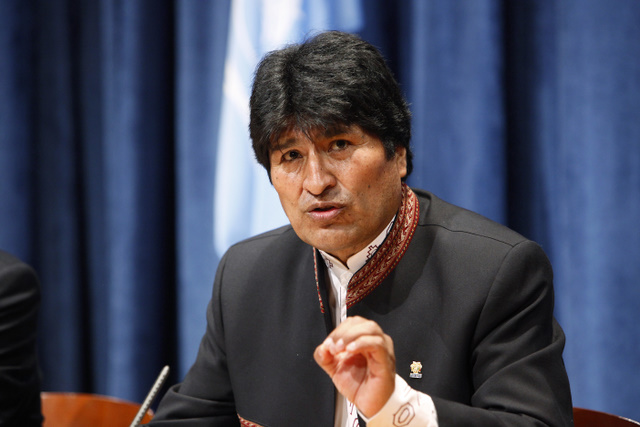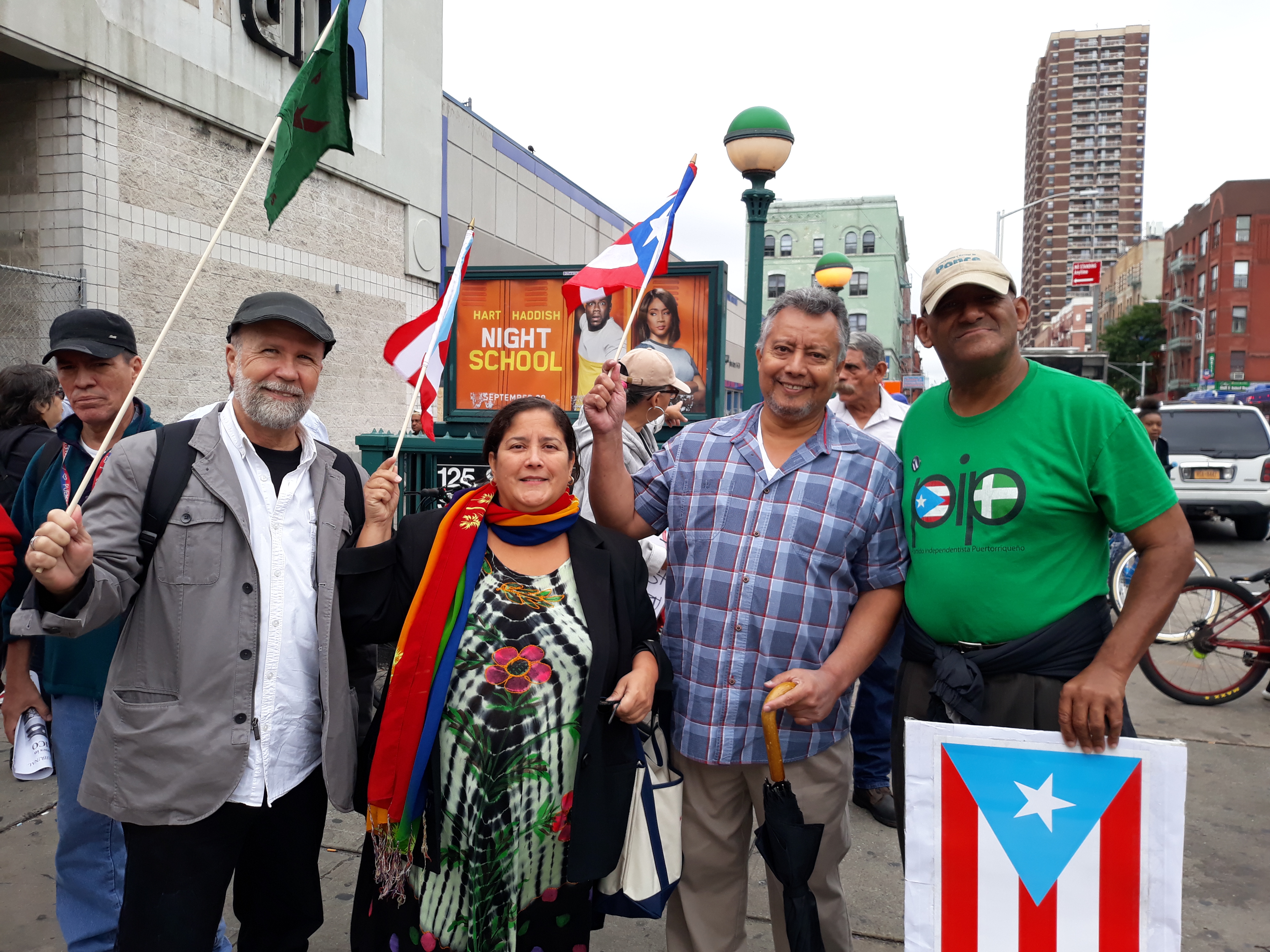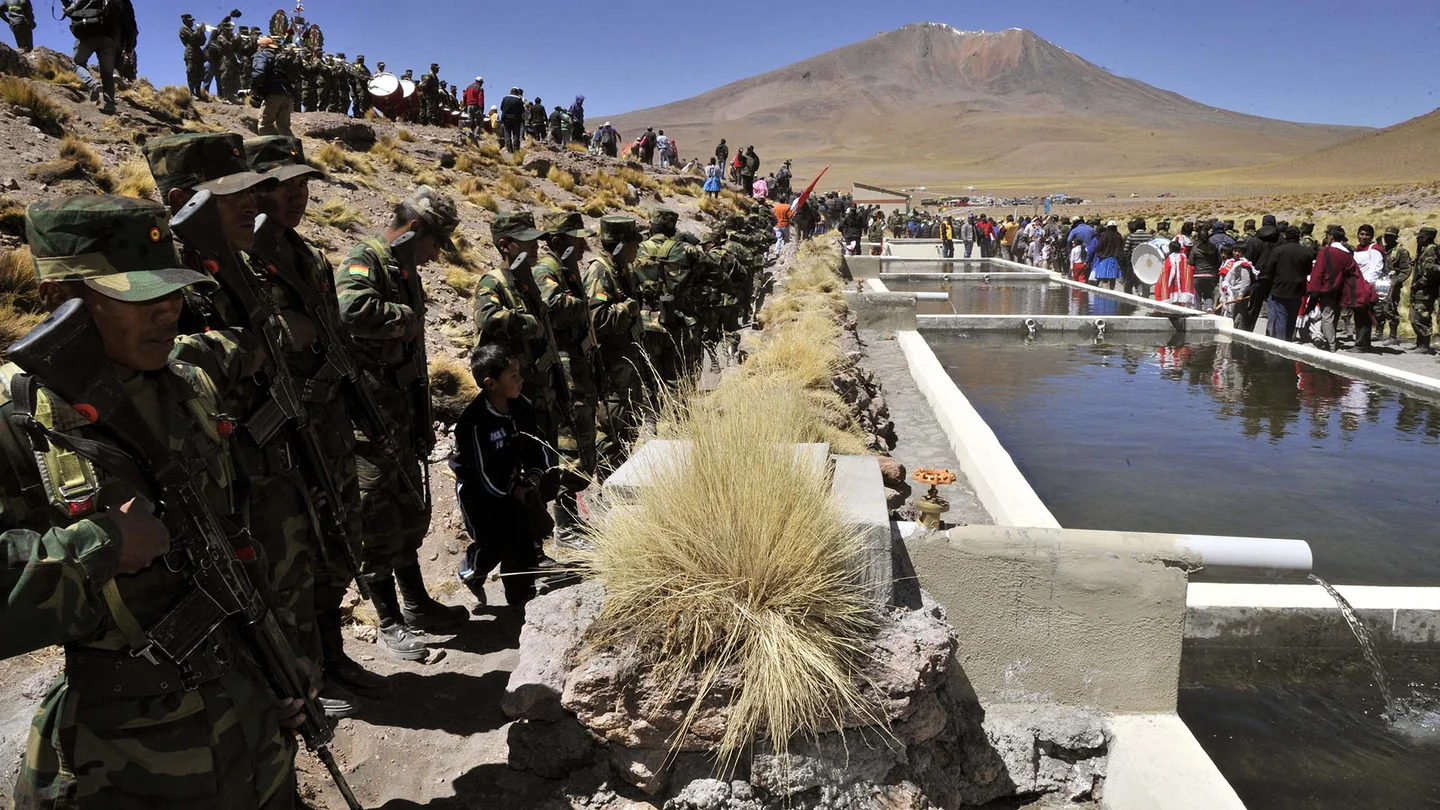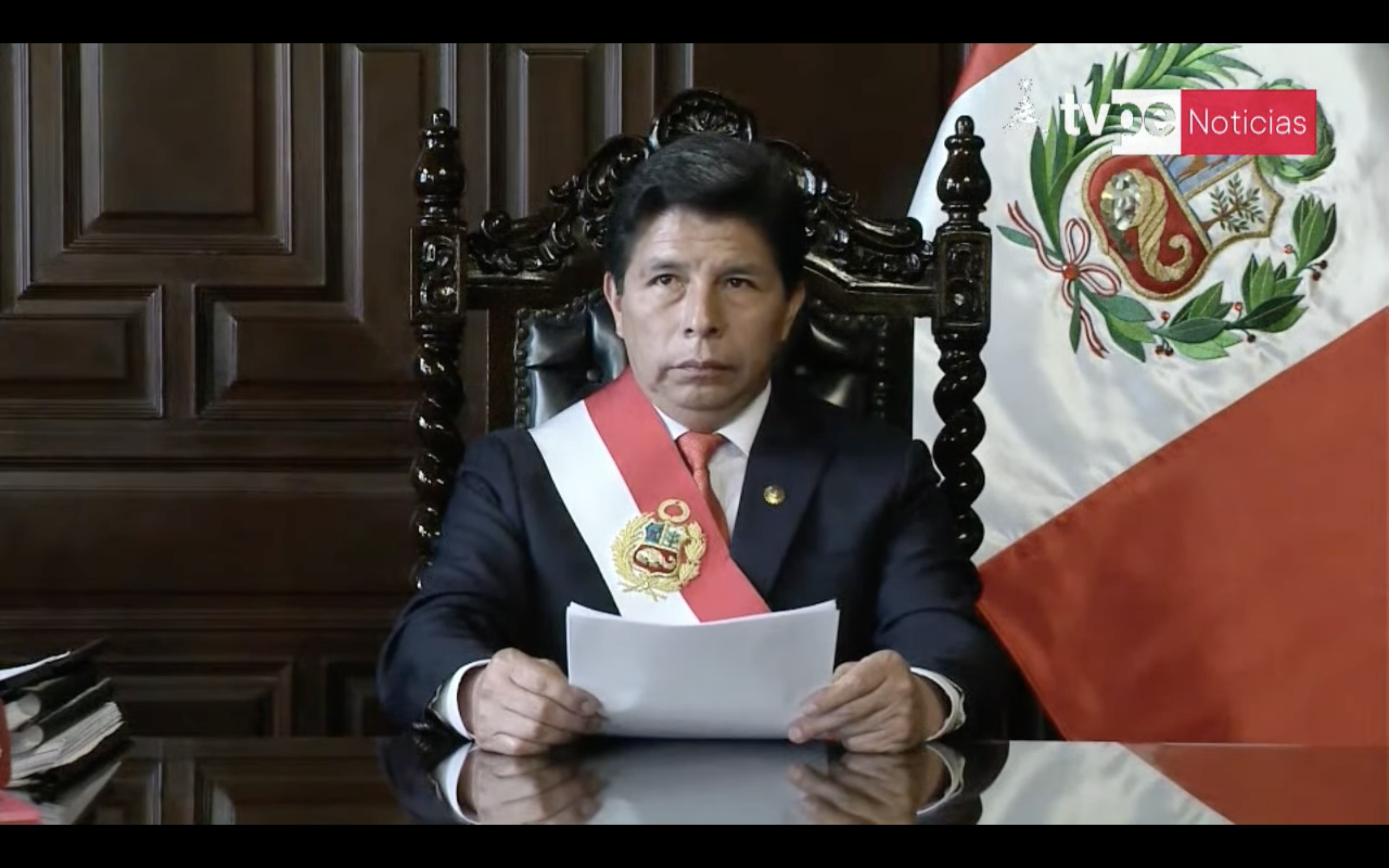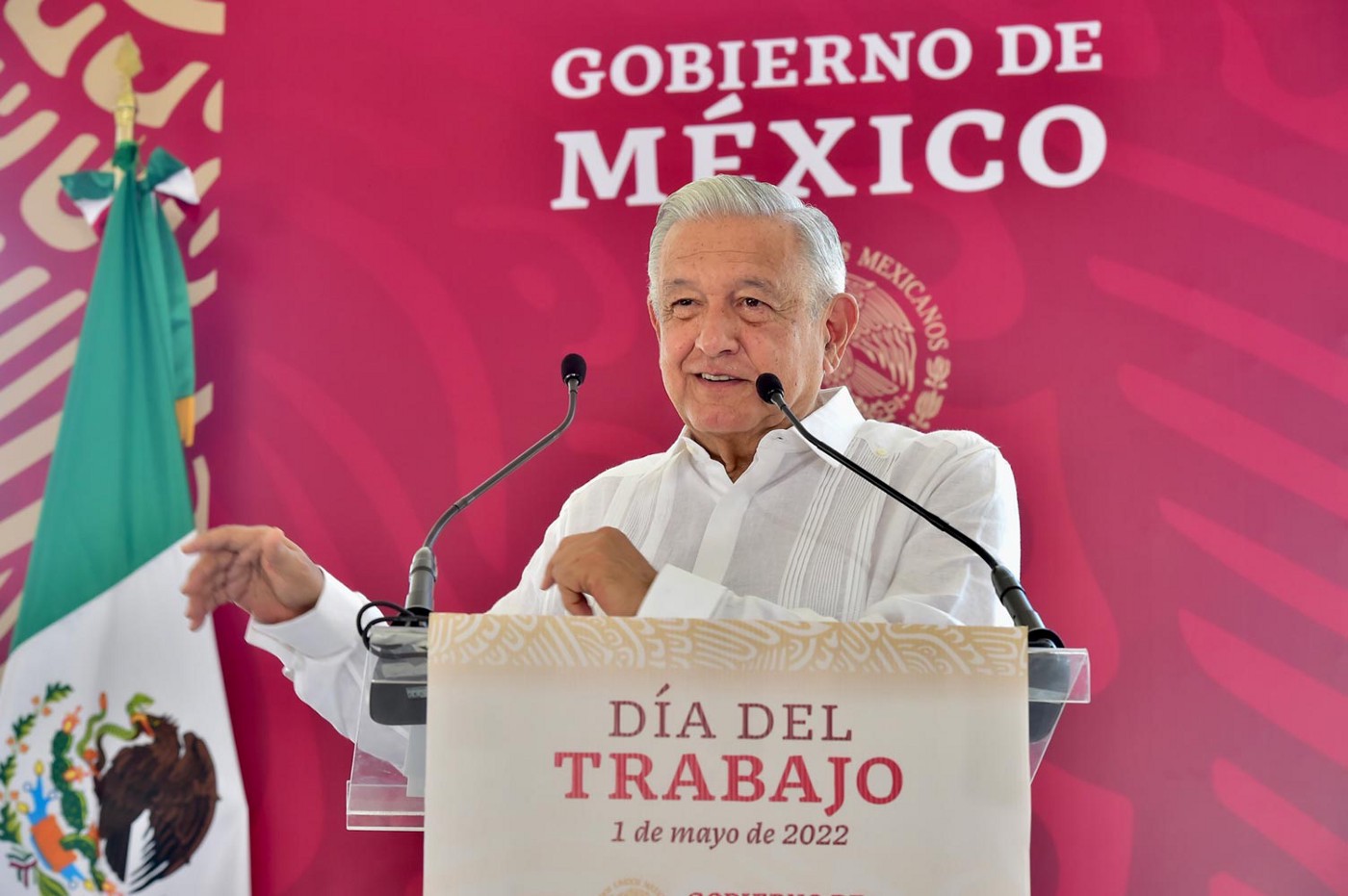
Features, Mexico, North America
Opinion: AMLO Bets Big on Lithium Nationalization
December 6, 2022 By Alfredo Eladio Moreno
On April 20, 2022, the Mexican Senate approved a reform to the Mining Law that nationalized the country’s lithium reserves. The move came at the heels of AMLO’s announcement to create a state-owned lithium company. Possible names included Amlitio or Litiomex.
Looking backward to move forward
The reform is part of a broader effort of AMLO and his political party, MORENA, to nationalize its energy resources and production. Although AMLO has signaled consideration for the environment, his approach to the energy question remains largely fraught with critique. Opponents point to increasing coal production.
When it comes to energy, AMLO has both eyes looking forward with feet firmly planted in the past. Mexico’s nationalist president has a clear vision in mind: the liberation of Mexico from exploitative international forces. The country’s energy sector is merely one of the targets in AMLO’s sights. His most recent win rests on lithium.
In a historical sense, the move is not abnormal. In 1938 President Lázaro Cárdenas expropriated the landholdings of foreign oil companies, causing an international snafu. However, AMLO’s move might be abnormal in a practical sense.
Lithium: demand and supply
Energy experts and international business consultants alike agree on the increasing importance of the highly-reactive white metal. Demand hinges on lithium-ion batteries (LIBs), which are alluring for their superior capacity to store electric energy. LIBs can store up to 10% more energy than traditional lead-acid batteries.
As such, it’s no surprise that the demand for LIBs has increased since 2010. Demand is projected to increase nearly 1,700% (as measured in gigawatt-hours) by 2030. Additionally, LIBs are critical components of electric vehicles, which have experienced a boom in recent years. An energy-storing stalwart, LIBs are also touted for their contribution to the clean energy transition. Although lithium extraction can cause damage to the environment. Nevertheless, lithium’s ascendancy is predestined.
In Latin America, speculation surrounding lithium extraction is both pertinent and obvious. Argentina, Bolivia and Chile — countries collectively known as the world’s “Lithium Triangle” — make massive contributions to the world’s supply of raw lithium. The countries plus Peru contain 67% of the world’s proven reserves.
Overall, they produce half of international supply. The industry was projected to reach a value of $7.7 billion by this year. It goes without saying that lithium is a cornerstone of these countries’ markets. And it makes sense for them to extract lithium following a model of export-led development.
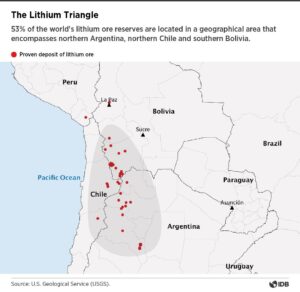
The world’s Lithium Triangle, located in Latin America. (Image: Inter-American Development Bank)
AMLO’s gamble
However, it hardly makes practical sense for Mexico to make such a broad move on lithium. Mexico is not a major commercial producer of the metal. Furthermore, opponents to AMLO’s lithium project contend that the state does not have the infrastructure and time to meaningfully contribute to the global lithium commodity chain, and that doing so will only hurt the everyday Mexicans whom AMLO claims will benefit.
There are two most-likely scenarios: the project might crash and burn, or it goes the other direction and AMLO wins prestige.
Currently, exploratory phase lithium projects exist in Sonora, Jalisco, Guanajuato, Nogales and Puebla. In Sonora, British Bacanora Lithium and Chinese Ganfeng Lithium had plans to begin extracting 224 million metric tons of lithium. Ganfeng Lithium seemed to have sensed and acted on lithium’s ascendancy before AMLO won the Mining Law reform, since in 2020 news circulated that the Chinese company would be constructing an LIB recycling plant in the country. Whatever Ganfeng Lithium sensed beforehand about the ascendancy of lithium, it’s obvious that now AMLO wants in on it.
When it comes to lithium, AMLO is on a fool’s journey. Despite critique, he is intent on lithium nationalization. Following the Mining Law reform, the Mexico office of the International Chamber of Commerce commented: “[Recognition of Article 27 of the Mexican Constitution which gives the government rights to the subsoil] shouldn’t be confused with the rights of Mexican and foreign investors to participate, by way of concessions, in economic activity related to exploration, exploitation and production of mineral resources.” Reporting for Bloomberg, Shannon K O’Neil from the Council on Foreign Relations warns that North America’s “prosperity and security” will be undermined.
Even though pushback is coming from all directions, AMLO is not stopping. He realized Mexico’s marginal position in the global lithium commodity chain when he called on the Lithium Triangle countries to “do joint work” on extraction, signaling an interest to export his model of Mexican nationalism abroad and create a pan-Latin American sovereign economic nationalism. Overall, AMLO’s move on lithium is a crapshoot in a highly competitive global industry. And it’s a gamble on a project that in nearly two-years time will be at the behest of Mexico’s next president. Still, he’s shown that he won’t let up.
The move is likely a preemptive move on AMLO’s part to protect the country from excessive foreign interference in the burgeoning lithium commodity chain. During his daily morning press conference on January 2, 2022, AMLO announced the government’s plan to create a state-run lithium company, saying that, “We don’t want Mexico to be a zone of conflict between powers. Not Russia, nor China, nor the United States. Mexico [will control its lithium].” No doubt, global superpowers will want to engage Latin America and its abundant lithium resources, and international policies will arise to reflect this. Still, it’s yet to be known to what extent this engagement will be fair, or whether it will be unfairly exploitative.
This consideration need not be controversial. Not only is it a well studied historical trend within Latin America and the Caribbean, but also a consideration of primary concern in the region. From his comment at the press conference, AMLO seems to be aware of this, especially considering the particular history of foreign intervention in Mexico.
Of the various causes of the Mexican Revolution, excessive ties to foreign investments — especially in the country’s railroads — set off the movement that violently opposed the ancién regime led by iron fist Porfirio Díaz. Detractors disparaged Díaz’s reliance on foreign capital, and this ethos influenced foreign relations in the ensuing years. This reached an apogee in 1938 when a national petroleum workers strike and the ensuing international conflict impelled President Lázaro Cárdenas to nationalize the petroleum industry, much to the upset of foreign investment interests.
A nationalist presidency
Such historical anecdotes are prime cuts of inspiration for a president who is devoted to a clear idea of his presidency as the “Fourth Transformation” in the country’s history, and who continually seeks to legitimize his presidential mandate. A recent pro-government march further shows this.
Not only that, but also in steering his strategy on lithium today. In calling on the Lithium Triangle to work with Mexico, AMLO realizes that the government cannot confront an ensuing struggle over lithium on its own. In short, lithium’s ascendancy in Mexico will not neatly mirror the ascendancy that petroleum experienced since it will not benefit from robust infrastructure and vocational schools already devoted to lithium.
Even though AMLO is in a highly precarious situation concerning lithium in Mexico, his aim is clear. He’s betting big. And maybe this deserves some merit for acuity, since we are already experiencing the throes of a climate change Earth and lithium provides an option for clean energy (even though extracting the metal itself is environmentally damaging).
Contradictions abound in AMLO’s nationalization of lithium. Either way, it’s certain that an important chapter in the story of AMLO’s presidency will cover his ethos of “energy sovereignty” and the efforts that he undertook to actualize it.
About Alfredo Eladio Moreno
Fredo is a journalist and photographer from his native Houston, Texas. He has reported since 2020 on Mexican politics and immigration policy in the United States, and especially on Nicaragua and the Ortega-Murillo regime. He is a graduate student of Journalism and Latin American and Caribbean Studies at New York University, where he is Editor-in-Chief of the Latin America News Dispatch.

